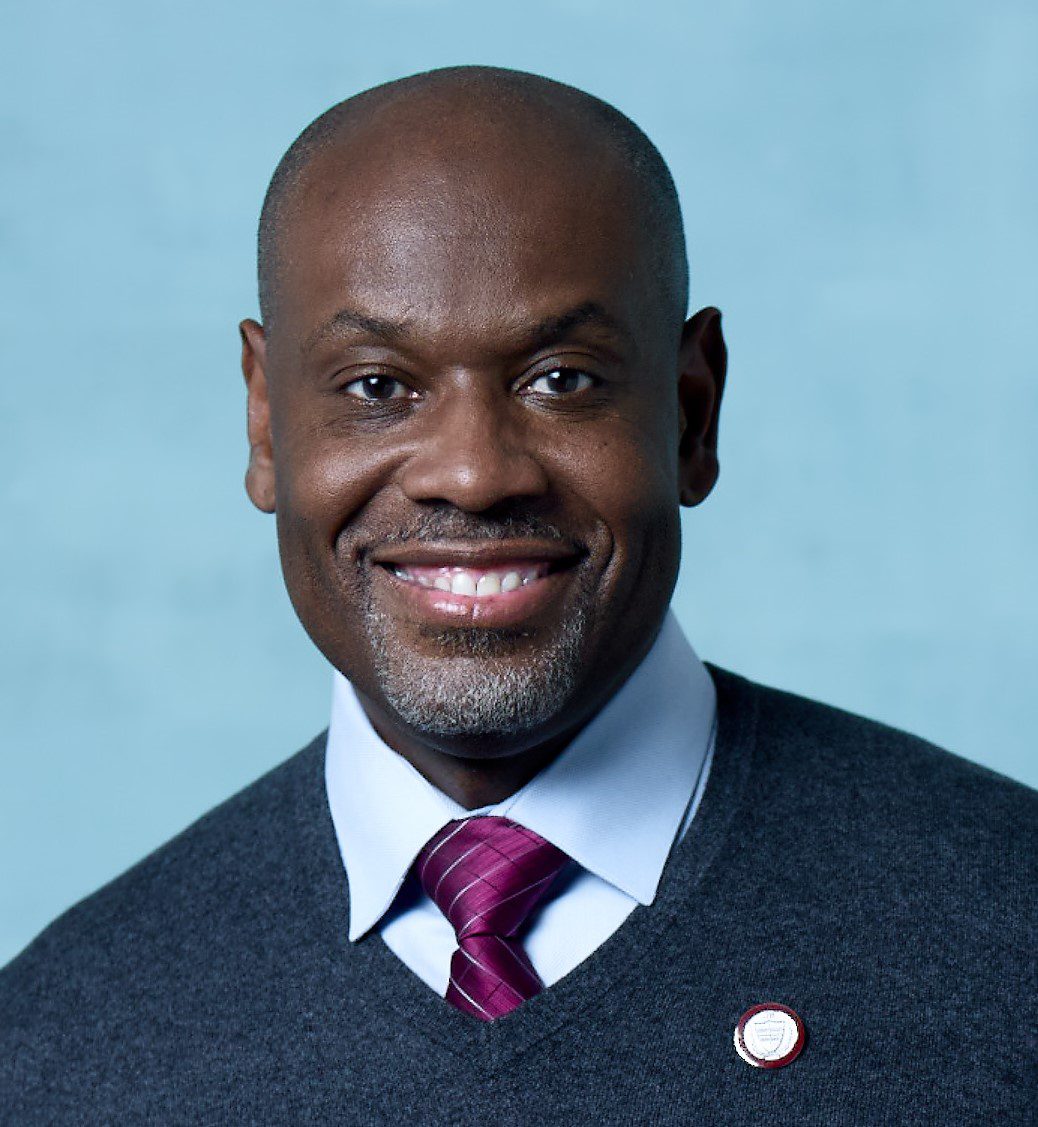As International Nurses Day approaches, we examine why these essential professionals merit year-round recognition for their extraordinary contributions
When emergency rooms fill with trauma cases at 3 a.m., nurses remain the steadfast first responders who activate critical protocols without hesitation. While most professions operate within standard business hours, nursing requires round-the-clock dedication through holidays, weekends, and overnight shifts.
The healthcare system’s 24-hour nature means nurses routinely sacrifice their own sleep cycles and family time to ensure patient care never falters. Night shift nurses in particular demonstrate extraordinary commitment, working when their bodies naturally crave rest and adapting their entire lives to maintain alertness during overnight hours.
This constant availability creates unique physical challenges. Research demonstrates that rotating shifts and overnight work disrupts circadian rhythms, potentially leading to sleep disorders, digestive problems, and increased stress levels. Yet nurses continue showing up despite these personal costs.
During the height of the pandemic, many nurses worked consecutive 12-hour shifts for days without adequate breaks, demonstrating their unwavering commitment. Some stayed in hotels rather than returning home, protecting their families from potential exposure while simultaneously missing crucial family support during crisis times.
This level of sacrifice extends far beyond most professions and deserves recognition not just during annual celebrations but through improved working conditions, appropriate staffing ratios, and meaningful compensation throughout the year.
They witness humanity at its most vulnerable
Few professionals routinely experience such intimate involvement in life’s most profound moments. Nurses stand present for first breaths and last breaths, for miraculous recoveries and devastating diagnoses, maintaining composure and compassion throughout.
This emotional labor—managing both their feelings and those of patients and families—represents an invisible workload rarely acknowledged in job descriptions or compensation structures. Nursing requires not just technical skills but extraordinary emotional intelligence to navigate grief, fear, and hope simultaneously.
Consider labor and delivery nurses who transition seamlessly between joyful births and heartbreaking pregnancy losses, sometimes within the same shift. Or oncology nurses who build relationships with patients through months or years of treatment, celebrating remissions and mourning losses with equal presence.
Emergency department nurses witness trauma at its rawest, often seeing people on their absolute worst days while maintaining the calm necessary to provide life-saving care. This continual exposure to human suffering exacts a toll rarely recognized in professional evaluations or compensation reviews.
The capacity to remain compassionate while witnessing extreme suffering represents a remarkable human achievement worthy of acknowledgment far beyond symbolic recognition days.
They navigate increasingly complex medical systems
Modern healthcare complexity has transformed nursing dramatically over recent decades. Today’s nurses don’t simply follow physician orders—they coordinate comprehensive care plans across multiple specialties while navigating labyrinthine insurance requirements, electronic health records, and evidence-based practice updates.
Many serve as the primary translators between complex medical terminology and patient understanding, breaking down complicated diagnoses and treatment options into accessible information. This critical communication role often prevents dangerous misunderstandings and improves treatment adherence.
Nurses increasingly require advanced technological proficiency alongside traditional caregiving skills. From programming smart infusion pumps to managing ventilator settings, the technical aspects of nursing grow more sophisticated yearly. Many work with dozens of different devices and digital platforms, each requiring specialized knowledge and troubleshooting capabilities.
The administrative burden has expanded exponentially, with documentation requirements that frequently extend hours beyond scheduled shifts. This unpaid overtime represents significant unrecognized contribution to healthcare operations.
For patients with limited health literacy or language barriers, nurses provide essential guidance through bewildering medical processes. Their patient advocacy frequently makes the difference between people receiving appropriate care or falling through systemic cracks.
They provide essential emotional support
While technical competence forms the foundation of nursing practice, emotional support often creates the most meaningful patient impact. Nurses frequently remember patients’ personal details, family situations, and individual preferences, humanizing sterile medical environments through small acts of recognition.
During hospital stays when family cannot be present, nurses serve as surrogate support systems, holding hands during painful procedures or simply listening to fears that patients may hide from loved ones. This psychological care significantly impacts recovery outcomes through stress reduction and improved mental wellbeing.
Particularly during the pandemic’s visitation restrictions, nurses facilitated countless video calls between isolated patients and desperate families. Many held devices for dying patients so relatives could say goodbye remotely—an extraordinary emotional burden rarely acknowledged in professional evaluations.
For chronically ill patients requiring long-term care, nurses often become significant figures in their lives, providing consistency through medical journeys spanning years or decades. This relationship continuity represents a unique healthcare contribution distinct from episodic medical interventions.
The compassion fatigue resulting from this emotional labor represents a significant occupational hazard. Supporting patients through their worst moments while maintaining professional boundaries requires extraordinary psychological resilience rarely acknowledged in compensation structures.
They advance healthcare through innovation and adaptation
While physicians typically lead research discussions, nurses drive countless practical innovations improving patient care daily. Their constant patient proximity provides unique insights into how treatments actually function in real-world conditions versus theoretical applications.
Nurses regularly develop creative solutions to challenging care situations, particularly for patients with unusual presentations or multiple comorbidities where standard protocols prove insufficient. This adaptability represents a crucial form of healthcare intelligence frequently overlooked in medical narratives.
During equipment shortages or emergency situations, nurses demonstrate remarkable resourcefulness. The pandemic highlighted this capacity as nurses developed innovative personal protective equipment modifications when supplies dwindled and adapted patient positioning techniques for improved ventilation outcomes.
Many nurses pursue additional certifications and specialized training throughout their careers despite significant personal cost and time commitment. This continuous professional development directly benefits patient care quality and safety through expanded skills and knowledge.
The nursing profession also leads healthcare cultural transformation through patient-centered approaches that consider psychological, social, and spiritual needs alongside physical concerns. This holistic perspective increasingly influences broader medical practice.
The physical toll exceeds most professions
Few occupations match nursing’s physical demands. The profession reports among the highest workplace injury rates nationwide, with back and musculoskeletal injuries particularly common from patient lifting and positioning. Many nurses develop chronic pain conditions directly resulting from caregiving activities.
The demanding nature of 12-hour shifts—often with minimal breaks for meals or restroom use—creates physical stress exceeding most professions. Many nurses report regularly delaying basic needs like hydration to meet patient care demands, particularly during staffing shortages.
Exposure risks represent another significant physical burden, with nurses encountering infectious diseases, hazardous medications, and environmental dangers regularly. Despite protective measures, these exposures create cumulative health impacts throughout nursing careers.
The profession’s physical toll frequently shortens careers, with many experienced nurses transitioning to less demanding roles prematurely due to physical limitations. This pattern represents significant knowledge loss within healthcare systems and personal financial impact for affected nurses.
During infectious disease outbreaks, nurses accept exposure levels few professionals would consider reasonable. The pandemic highlighted this sacrifice as nurses worldwide contracted COVID-19 at disproportionate rates, with many experiencing lasting health consequences while others lost their lives providing essential care.
Moving beyond symbolic recognition
While International Nurses Day provides valuable visibility, meaningful appreciation requires systemic reforms addressing core professional challenges. True recognition includes appropriate staffing ratios preventing dangerous workloads, compensation reflecting education and responsibility levels, and workplace cultures prioritizing nurse wellbeing.
Healthcare institutions demonstrating authentic appreciation implement robust violence prevention programs protecting nurses from increasing workplace assaults, provide adequate rest periods during shifts, and create genuine advancement pathways acknowledging clinical expertise.
Patients and families can extend recognition by learning nurses’ names, acknowledging their contributions during care, and providing specific feedback to healthcare administrators about exceptional nursing care. These personal acknowledgments often provide meaningful affirmation rarely captured in formal evaluation systems.
Most importantly, genuine appreciation requires listening to nurses themselves about necessary systemic changes improving both working conditions and patient care. Their frontline perspectives offer invaluable insights frequently overlooked in administrative decisions.
As we approach International Nurses Day, consider how to transform symbolic appreciation into meaningful action supporting these essential professionals throughout the year. Their extraordinary contributions deserve recognition extending far beyond a single celebration day.














